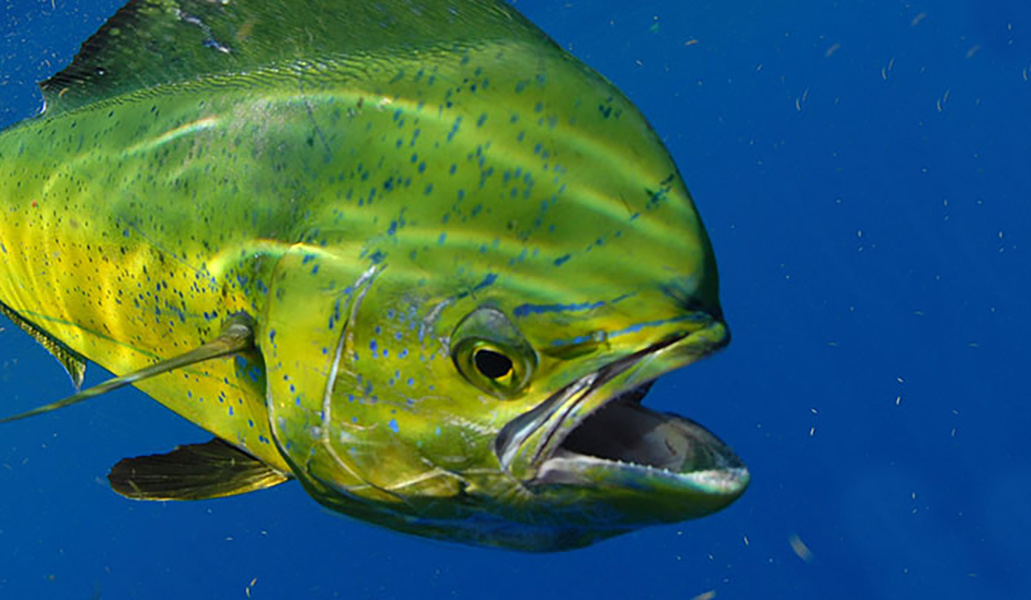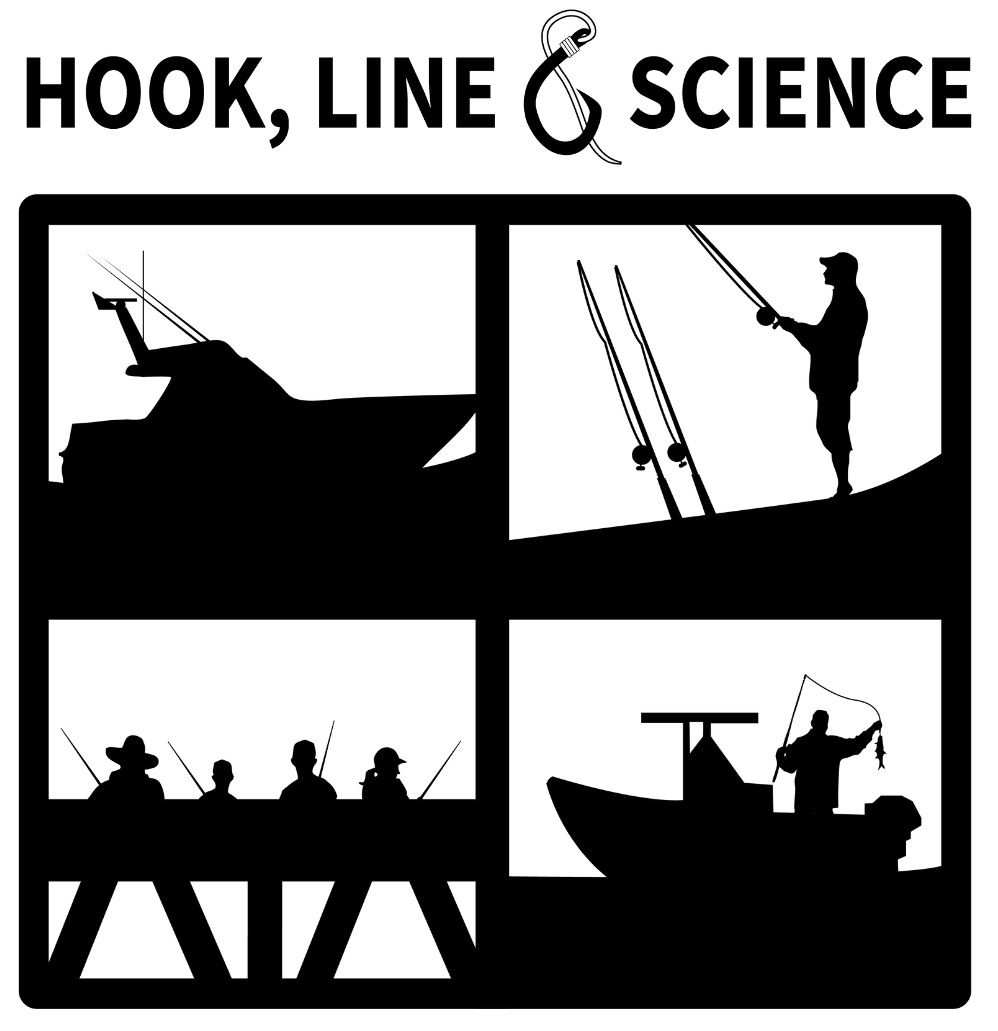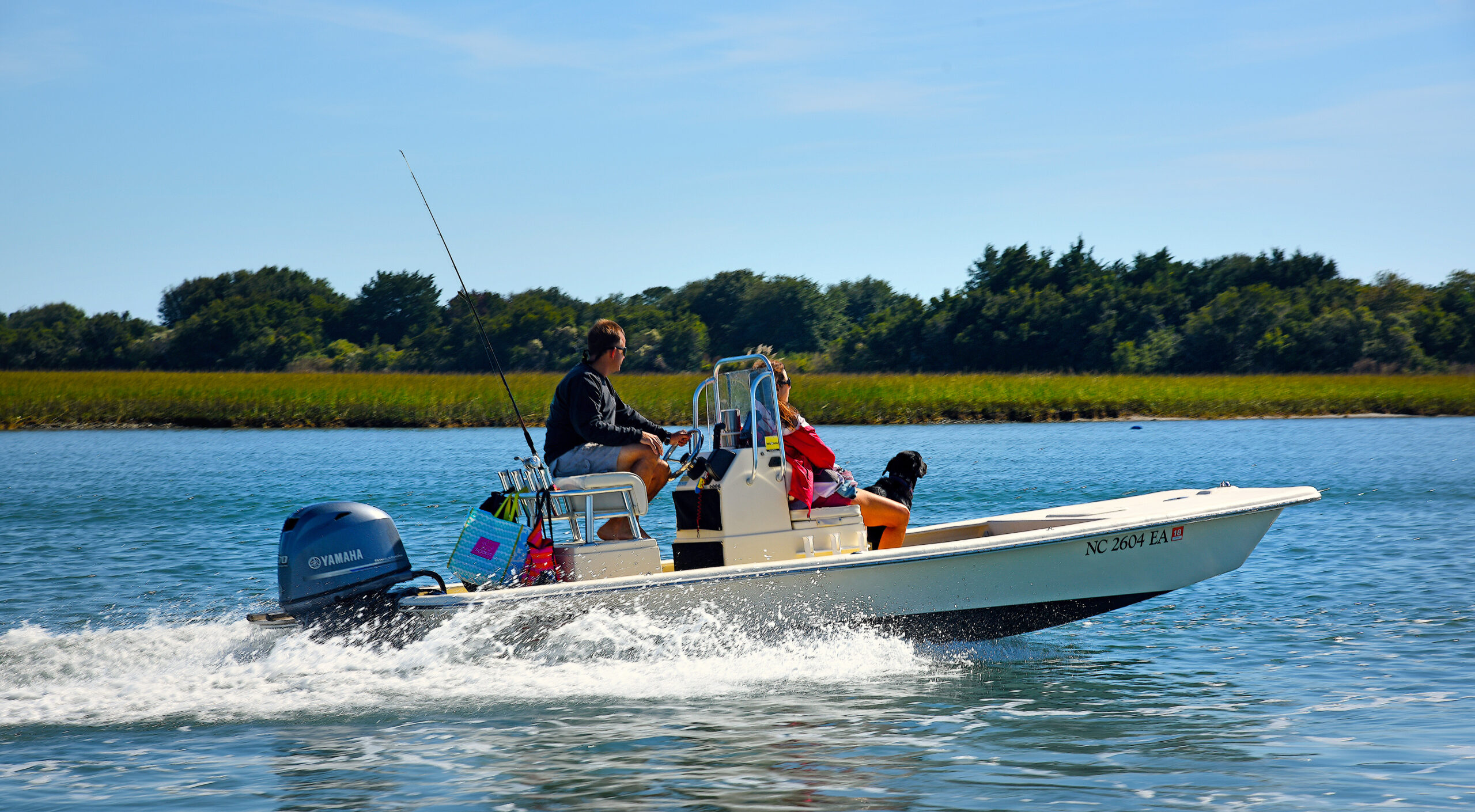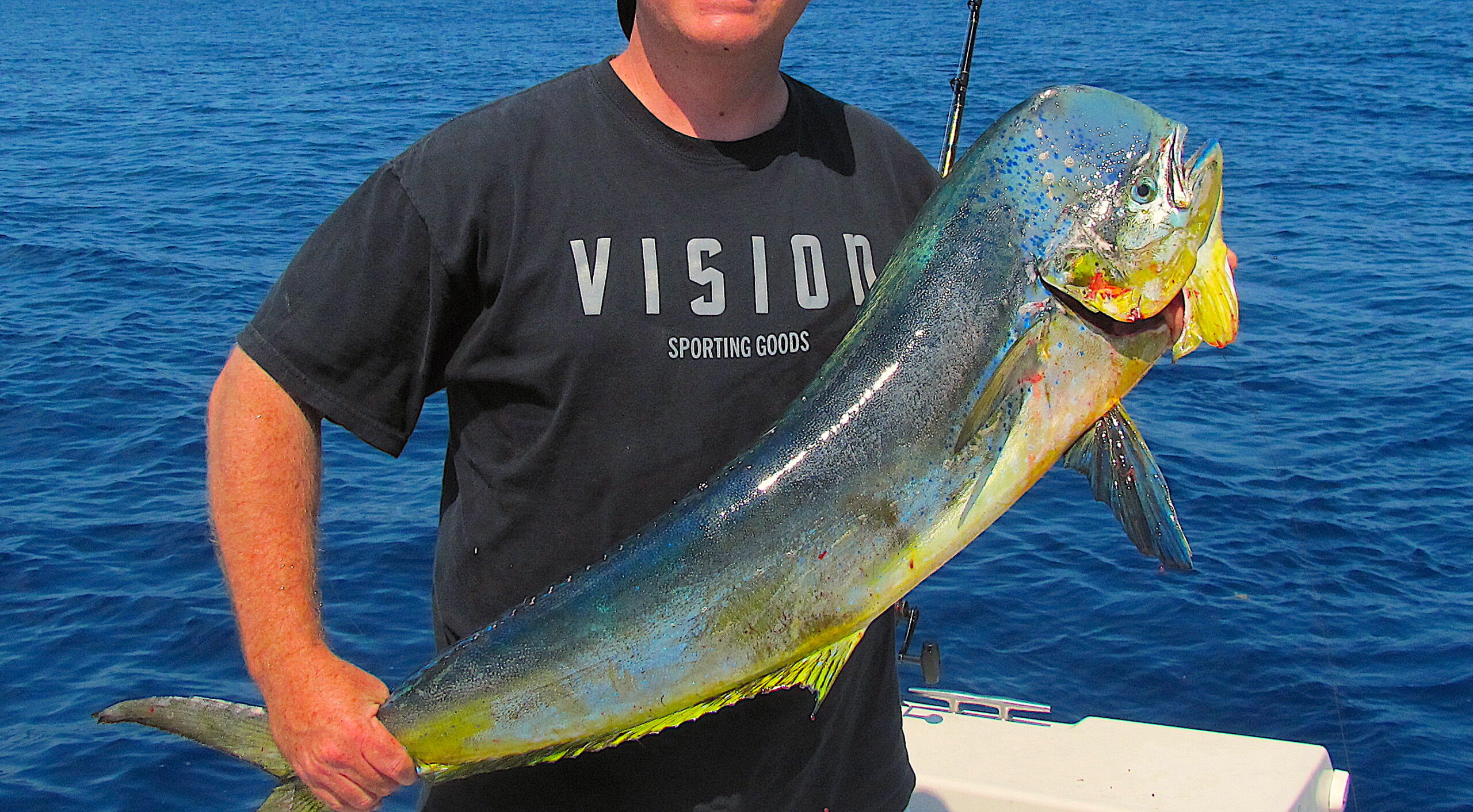Does It Make a Difference Where the Hook Lodges?

For dolphinfish, a hook imbedded in the roof of the mouth or in the jaw could mean the difference between life and death.
Research Need
Dolphinfish (Coryphaena hippurus) continue to be one of the top-ranked recreational fisheries in numbers caught within the U.S. south Atlantic. For multiple reasons, including ethical angling, bag limits and size, fishermen in this region often release dolphinfish after capture.
Does this fish survive hook trauma? Post-release mortality for the species is unknown, which can lead to uncertainty in assessing the health of the fishery.
What did they study?
Hooking location is the most important contributor to post-release mortality, according to reviews of catch-and-release studies across species. A total of 42 dolphinfish carcasses were collected along the waterfront in Morehead City, North Carolina, from May to July of 2016 and 2017. Researchers determined hooking locations by observing wounds or hooks left in place. They used gross necropsy — a surgical examination of the dead body — as well as CT scans to assess the extent of injuries to soft tissues and bone.
What did they find?
Dolphinfish likely experience higher mortality when hooked in the roof of the mouth than when hooked in the jaw. In 75% of roof-hooked fish, the injuries would have resulted in long-term visual impairment — and sight-feeding is critical to dolphinfish survival.
What else did they find?
Some injuries that gross necropsy revealed, including optic nerve damage, were not detectible on CT scans. But, overall, CT and gross necropsy diagnoses agreed nearly 80% of the time. Given the agreement between approaches, researchers could use time-saving CT scanning as a first approach to identify severely injured fish.
Anything else?
In light of these findings, dolphinfish hooked in the eye or roof of the mouth may have a lower chance of survival if released, compared to fish hooked in the jaw.
 Reading
Reading
Mikles, Chloe S., Harms, Craig A., Buckel, Jeffrey A., and Rudershausen, Paul J. 2019. “Examining the Severity of Roof-Hooking Injuries in Dolphinfish: A Comparison between Computed Tomography and Gross Necropsy.” North American Journal of Fisheries Management. 39:36–44.
Funding for this work was provided by a NOAA Saltonstall–Kennedy Grant (project number NA15NMF4270346) and a North Carolina State University Center for Marine Science and Technology summer fellowship.
Summary compiled by Sara Mirabilio
Above photo: dolphinfish, courtesy of NOAA
The text from Hook, Line & Science is available to reprint and republish, but only in its entirety and with this attribution: Hook, Line & Science, courtesy of Scott Baker and Sara Mirabilio, North Carolina Sea Grant. HookLineScience.com



